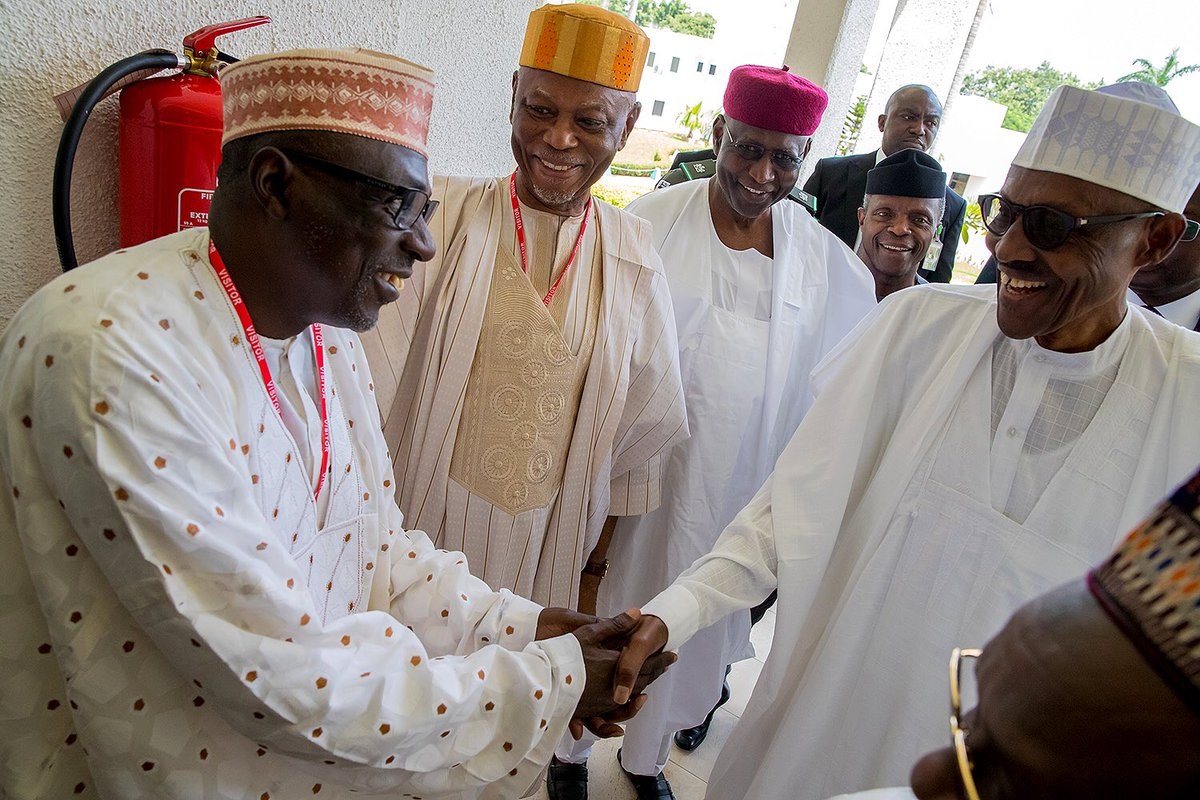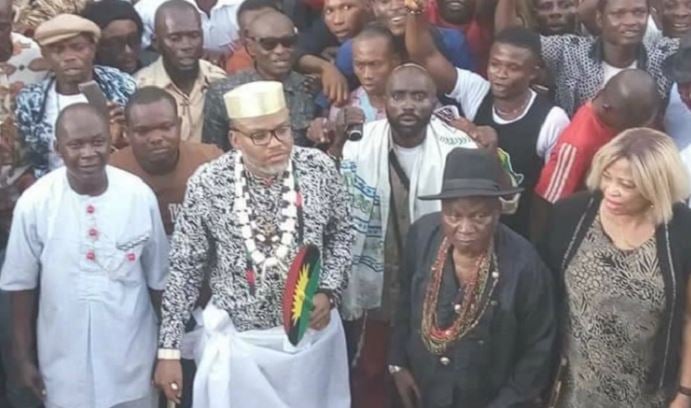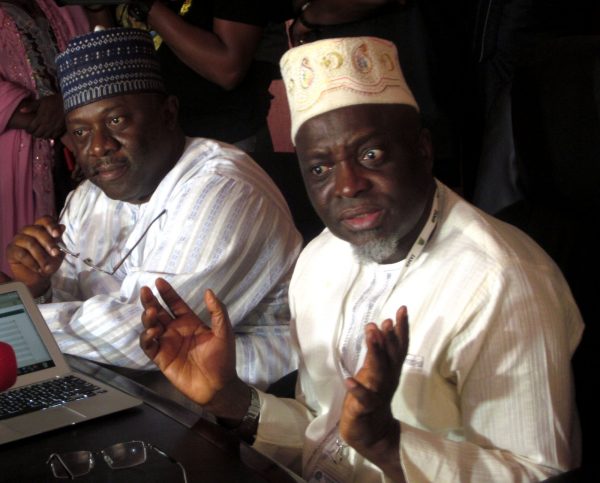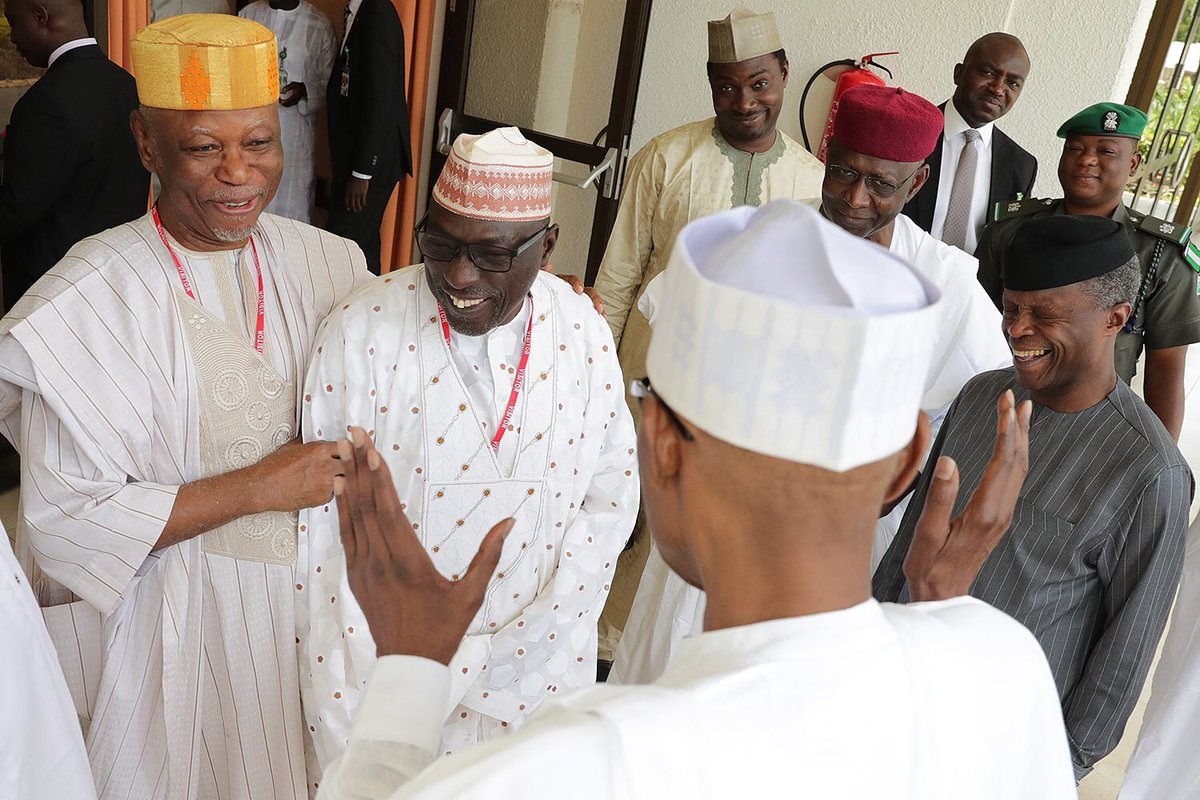The role of the military in a democracy has always been an issue right from the days of Plato, 2500 years ago. The recent pronouncement by Nigeria’s military that it would monitor anti-government comments on social media gives cause for concern and reminds one of Plato’s argument in the Republic.
In responding to the recent misuse of the social media, the director of defense information, Major-General John Enenche, said: “What are we doing? In the military, we are now taking on it more seriously than ever. We have our strategic media centre that monitor the social media to be able to sieve out and react to all the ones that will be anti-government, be anti-military, (and) be anti-security”.
Had the comments on monitoring anti-government social media posts been from the ministry of information or any other related agency, it would have sounded normal. It is the duty of the ministry of information to respond to any misinformation or criticism on government policies by Nigerians. But when the military says it would respond to anti-government comments on social media, it sends conflicting signals.
For a country which has been through military dictatorships, the kind of response expected from the military can only be imagined.
Advertisement
Also, when citizens are given the impression that anti-government comments are monitored not by the ministry of information, but by the military, it suppresses robust public debate and conversations.
It is worth mentioning that, in a democracy, the integration of the military into state and society follows strict rules and is covered by far reaching checks and balances. Else, in the words of Plato, a democracy could lead to nations been governed by brutes and bullies.
Fundamentally, it is expected that the military should have the presences of a non-governmental component, within its defense component, that is capable of participating in public debates on defense and security policing. And, of course, clarifying programmes and policies of the military, in terms of national security.
Advertisement
It becomes worrisome when this arm of the military decides to respond to anti –government commentaries. Many anti-government commentaries, especially by opposition parties in democracies, are not security threats. In fact, they sweeten democracy.
This is not to say that there are no legitimate reasons for the military to monitor social media posts.
One perfect reason is to improve situational awareness and emergency response. In cases of natural disasters and violent protests, first hand witness accounts, most times, come from posts on social media. Such posts could help the military strategize on emergency responses when other security outfits are overwhelmed. Had twitter been pervasive during 9/11, and had government been monitoring hashtags related to the attack, perhaps more people would have been rescued, successfully.
And by using special algorithms, the military could monitor comments from terrorists on social media and prevent attacks. It is well-known that extremists of all kinds use social media to recruit, radicalize and raise funds. Sometimes they announce attacks on social media.
Advertisement
Since lots of people live their lives on social media these days, the military could monitor public response to their policies and programmes on the internet.
But these where not exactly the reasons given by the military on why it has started monitoring the social media.
There is a legitimate fear that cracking down on hate speeches could be used as a ploy to clamp down on critics of the current government. (This column has advocated for innovative ways of stemming hate speeches. Interestingly, Facebook and Google are using technology to stem hate.)
For this reason, the pronouncement that anti-government comments on social media will be monitored by the military needs to be interrogated. Not all anti-government comments are hate speeches.
Advertisement







